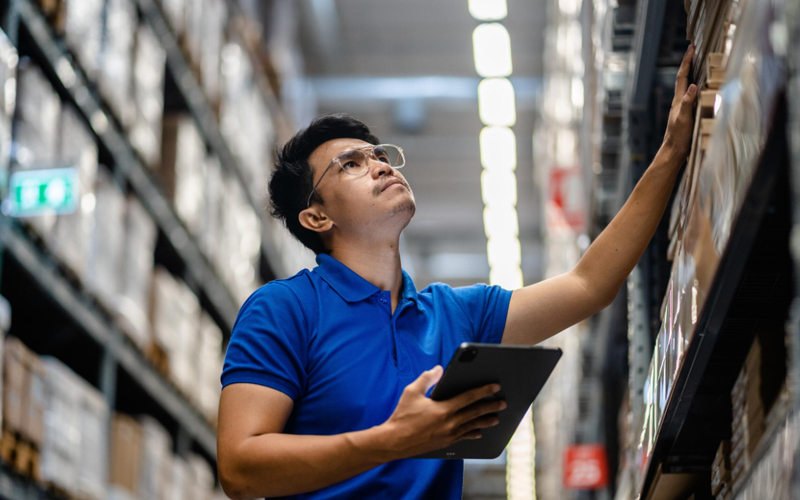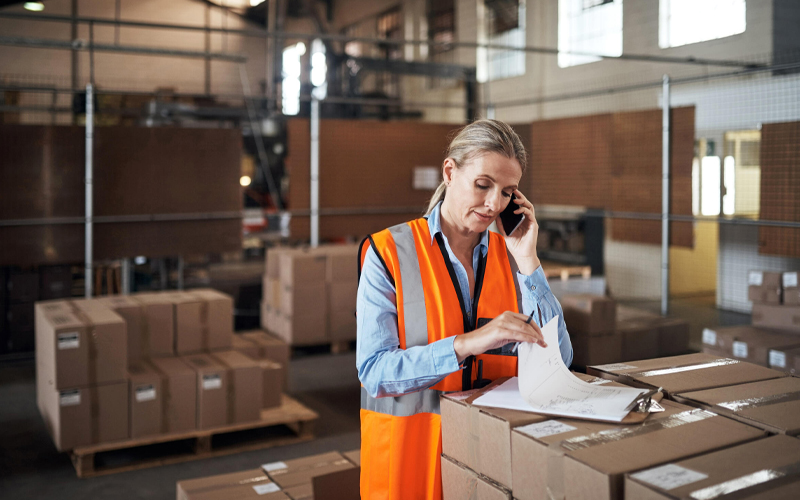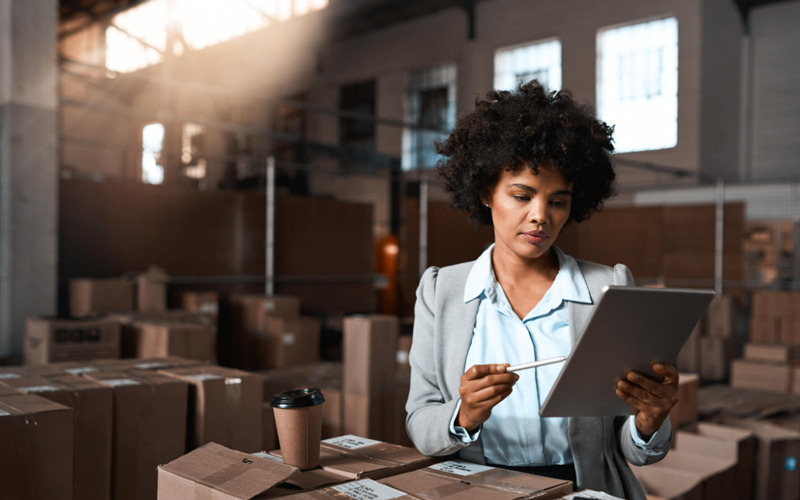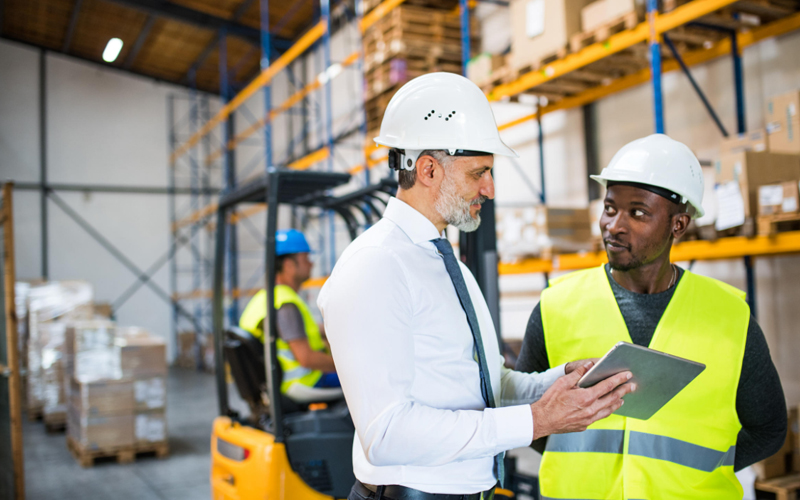Let's face it, mid -2025 feels like a constant state of emergency for procurement teams. Category owners, CPOs, and CFOs are juggling relentless inflation that squeezes every last penny;, supply chains that feel like they're held together by sheer willpower; , and the growing, urgent need to be sustainable without breaking the bank. And now, we're also staring down the barrel of tariff wars that redraw the map of global trade and the unsettling possibility of bio-warfare throwing everything into chaos. It's a lot. It's about real people, late nights, and the constant pressure to keep things running and protect the bottom line.
For CPOs and CFOs, today's category owners, the journey to this the future begins now, demanding an out-of-the-box approach that transcends traditional silos.
Looking towards 2030, we expect a quantum shift to a hyper-connected world where AI isn't just a tool, but a partner, helping us see beyond corners and build supply chains that can actually withstand global shocks like those mentioned above.
As futurist Alvin Toffler said, "The illiterate of the 21st century will not be those who cannot read and write, but those who cannot learn, unlearn, and relearn." This constant recalibration, fueled by sophisticated analytics, will be the new normal.
Think about those endless spreadsheets, system trails tracking tariff changes, and the unthinkable – the threat of bio-warfare. Right now, they seem overwhelming. The journey from today's human struggle to tomorrow's AI-augmented foresight starts now, through changing how we think about managing our categories.
By 2030, imagine an AI assistant that not only tracks such challenges but predicts their impact, giving us ample time to adjust our sourcing before it hits our wallets. The people in the industry are already seeing this shift, with more and more talking about how AI can help us dodge those tariff bullets, potentially saving us real money – just by being smarter about where we buy things.
But the future involves AI helping us build supply chains that aren't location-independent, so if something terrible happens in one part of the world, we have other options. This will protect the people who rely on us to keep things going. While it's a scary thought, the idea of "spreading our bets" geographically and having backup plans isn't new, but AI can make it much more intelligent and responsive.
Think about those messy mergers and acquisitions we sometimes go through. Imagine AI acting like a super-efficient project manager, quickly finding the best ways to combine our buying power, not just to save money, but to build stronger, more reliable supply chains that can weather any storm. The human experience of these operations could be a lot smoother, with AI handling the grunt work. We believe that using AI to merge procurement teams could speed things up by 20-30%, reducing stress and giving results faster.
Technology, especially the new wave of AI, isn't about replacing workers. It's about giving us them superpowers. Imagine AI managing tedious tasks, letting us focus on the important stuff – building relationships with suppliers, finding innovative solutions, and making sure our strategies are rock-solid.
Picture self-healing, supply chains, in which AI tracks disruptions to autonomously reroutes shipments or identify alternative suppliers. As Nassim Nicholas Taleb wrote in Antifragile, "Some things benefit from shocks; they thrive and grow when exposed to volatility, randomness, disorder, and stressors... let us call them anti-fragile."
The ability to "stress-test" supply chains against various global scenarios using AI simulations will be essential for proactive risk management and cost avoidancereduction. And sustainability is not just a nice-to-have; it focuses on building a future we can all live in. By 2030, AI can help us make smarter choices, picking sustainable suppliers and optimizingzing logistics to be kinder to the planet.
Gro Harlem Brundtland stated, "Sustainable development is development that meets the needs of the present without compromising the ability of future generations to meet their own needs." Procurement will be a key driver of corporate sustainability goals, with benchmarks suggesting that organizations with integrated sustainable procurement practices can achieve up to 20% reduction in their supply chain emissions.
This isn't simply good for the world; it can also save us money , in tune of roughly 10% by being efficient with resources.
Ultimately, all everything converges on the organization's financial performance. Procurement in 2030 will be a recognized value center, directly contributing to revenue generation through innovation, risk mitigation, and strategic supplier partnerships. Expect CFOs to view procurement not just as a cost center but as a strategic lever for competitive advantage.
By embracing a quantum leap in category management, leveraging AI-powered insights, building antifragile supply chains, and embedding sustainability, procurement organizations will transform into strategic value centers, demonstrably enhancing financial performance and securing a competitive edge by 2030.
Infosys can act as a catalyst in this transformation by bringing specialized expertise in emerging technologies such as Gen AI; provide objective assessments of current category management practices, demonstrably enhancing EBITDA and strengthening the bottom line; , facilitate the adoption of advanced analytics;, and offer guidance in developing future-proof strategies aligned with the predicted landscape of procurement in 2030.







